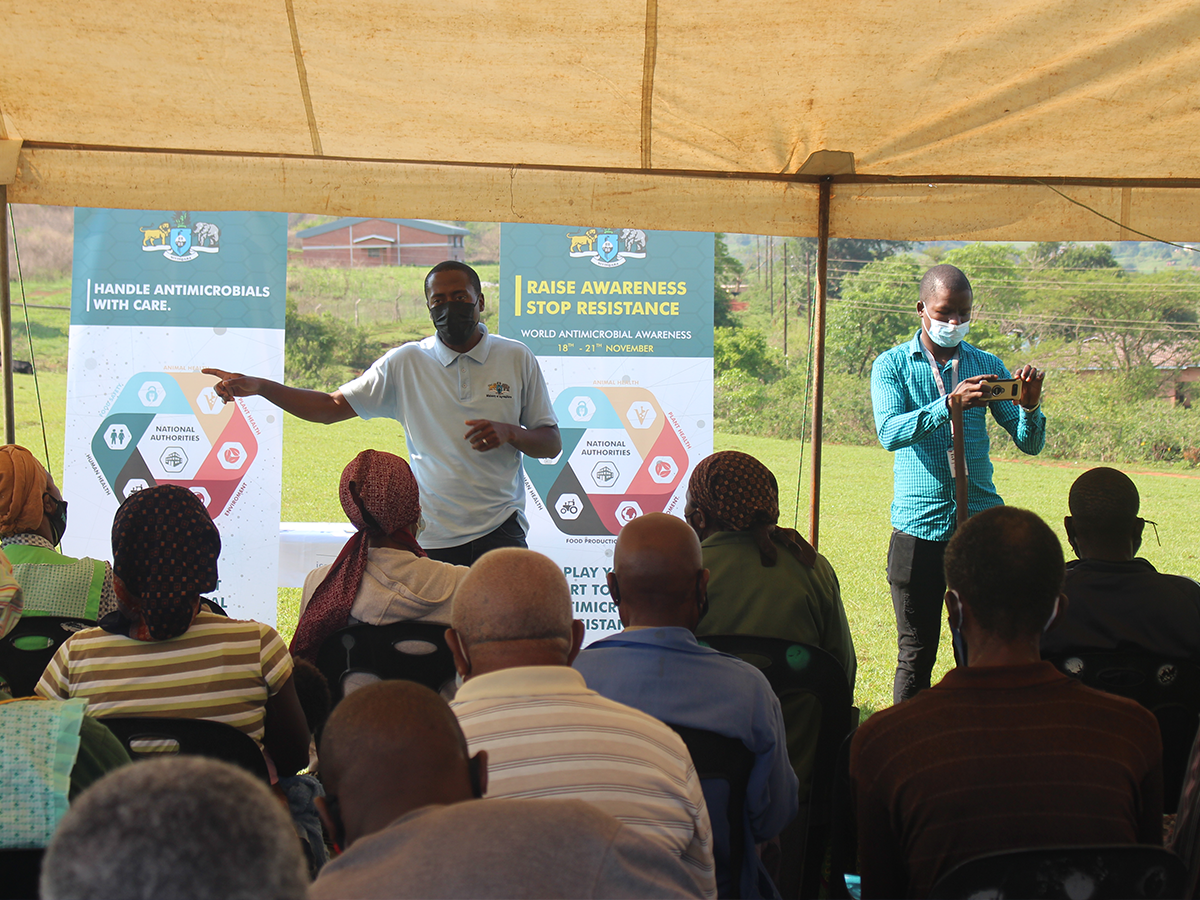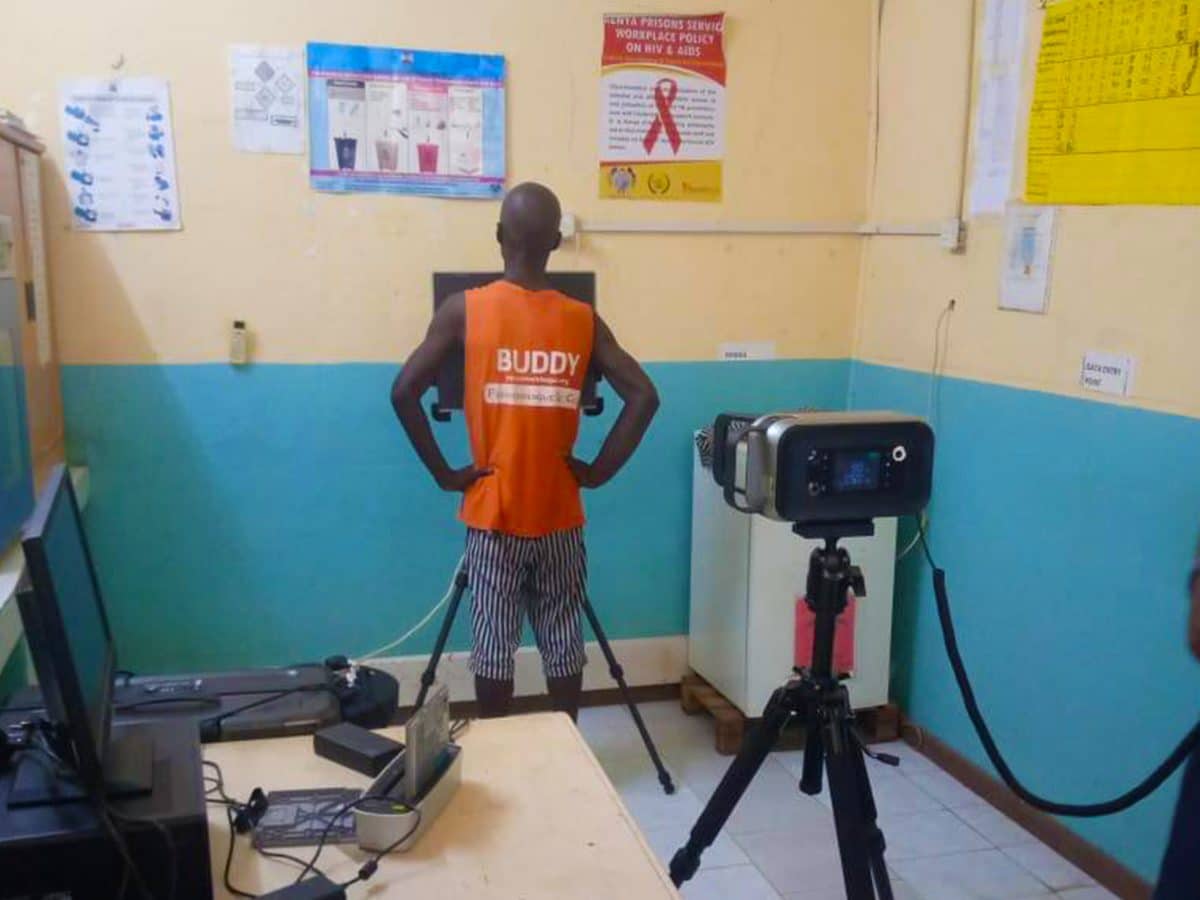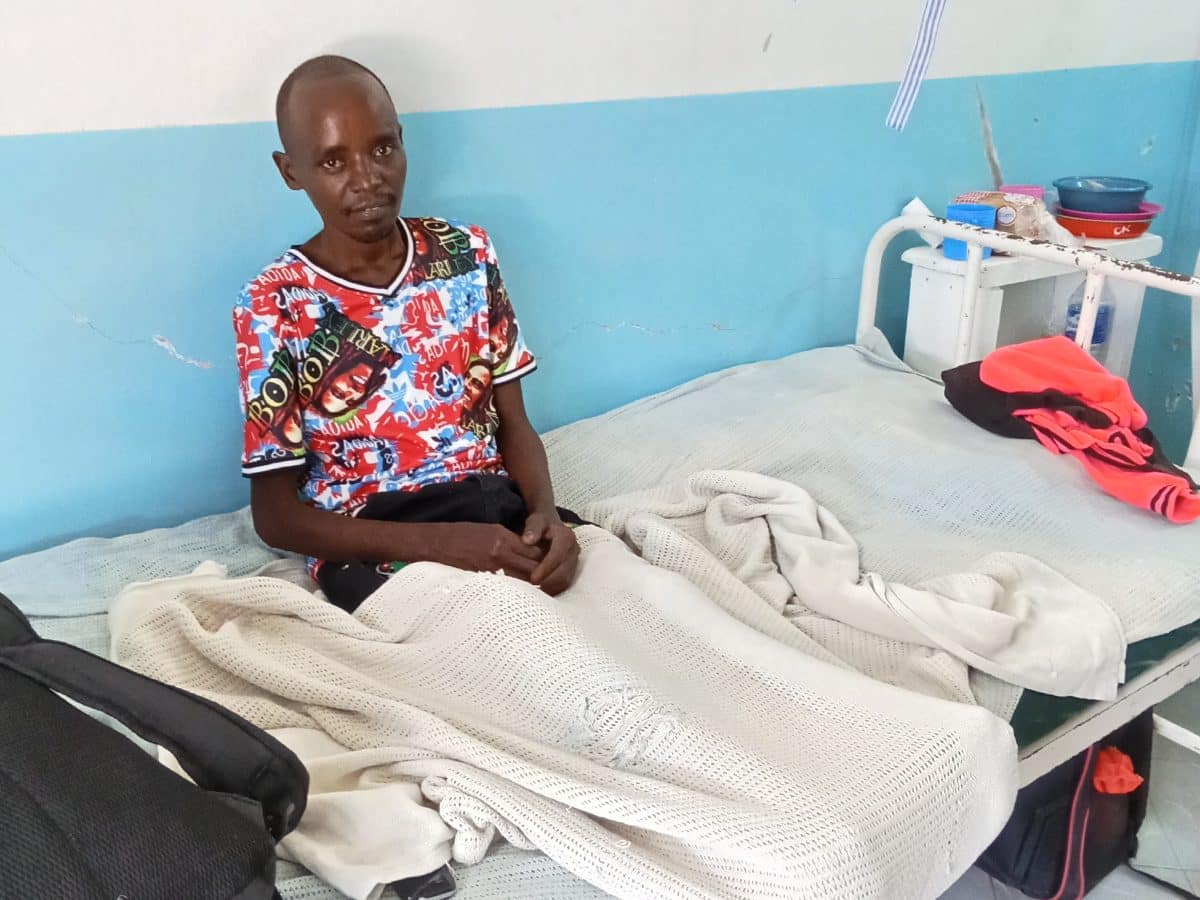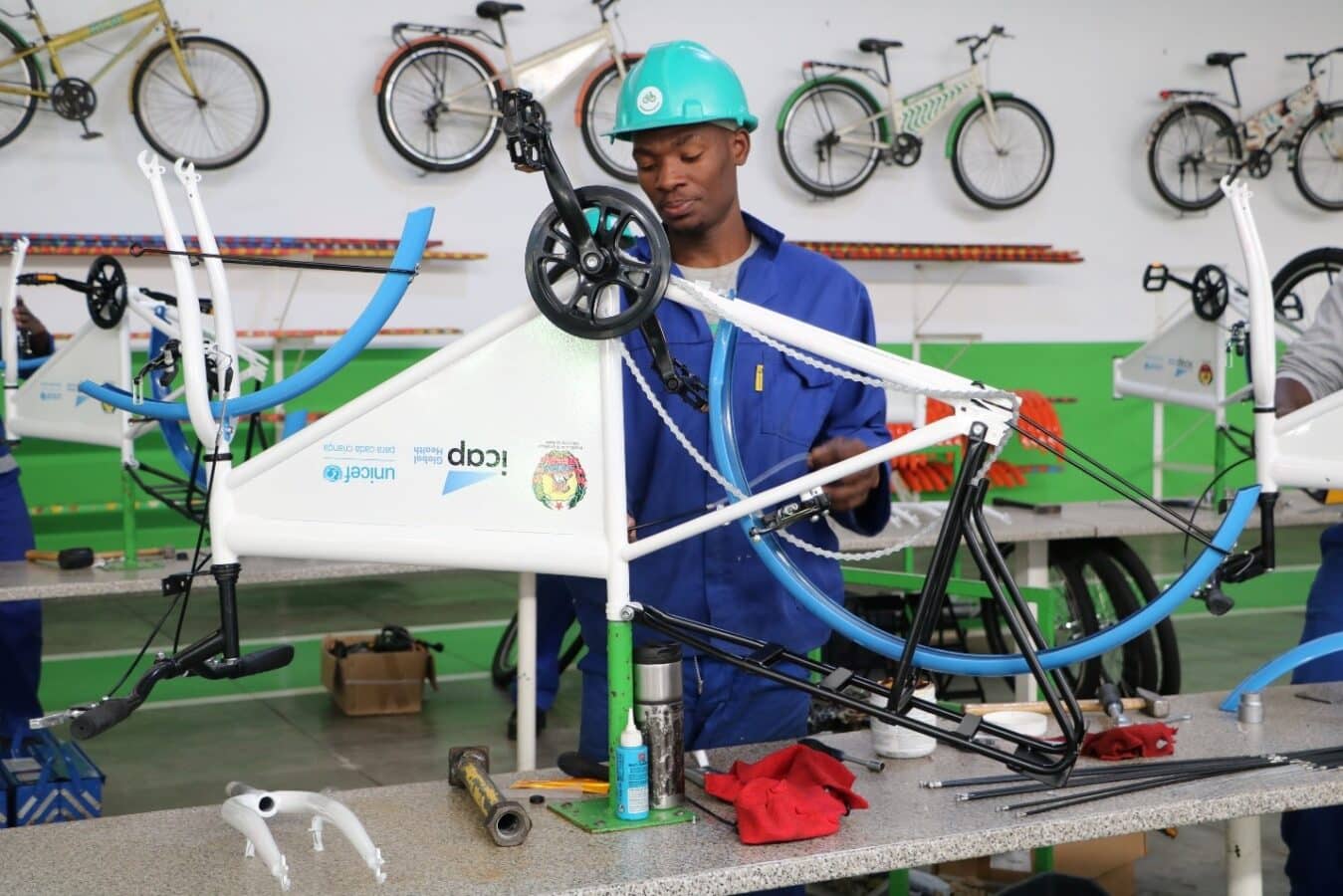World Antimicrobial Awareness Week (WAAW) is celebrated every year from November 18 to 24 to create awareness about the health threats of antimicrobial resistance (AMR). In Eswatini, ICAP has been supporting the Government of the Kingdom of Eswatini through the Ministries of Health (MOH), Agriculture (MOA), and Natural Resources and Energy (MONRE) to establish a surveillance system on antimicrobial resistance, antibiotic use, and consumption across animal and human health systems. AMR surveillance in Eswatini will help guide infection prevention and control (IPC) measures and allow the country to provide optimized and quality clinical management to improve patient health. In addition, the findings from AMR surveillance will inform the implementation of strategies to slow down the emergence and spread of AMR pathogens among humans, animals, and the environment.
During WAAW this year, ICAP supported a series of activities to raise awareness on antimicrobial resistance for different stakeholders, including technical teams from the MOH, MOA, and MONRE, the community, and the media. The 2021 global theme for WAAW was “Spread awareness, Stop Resistance.”
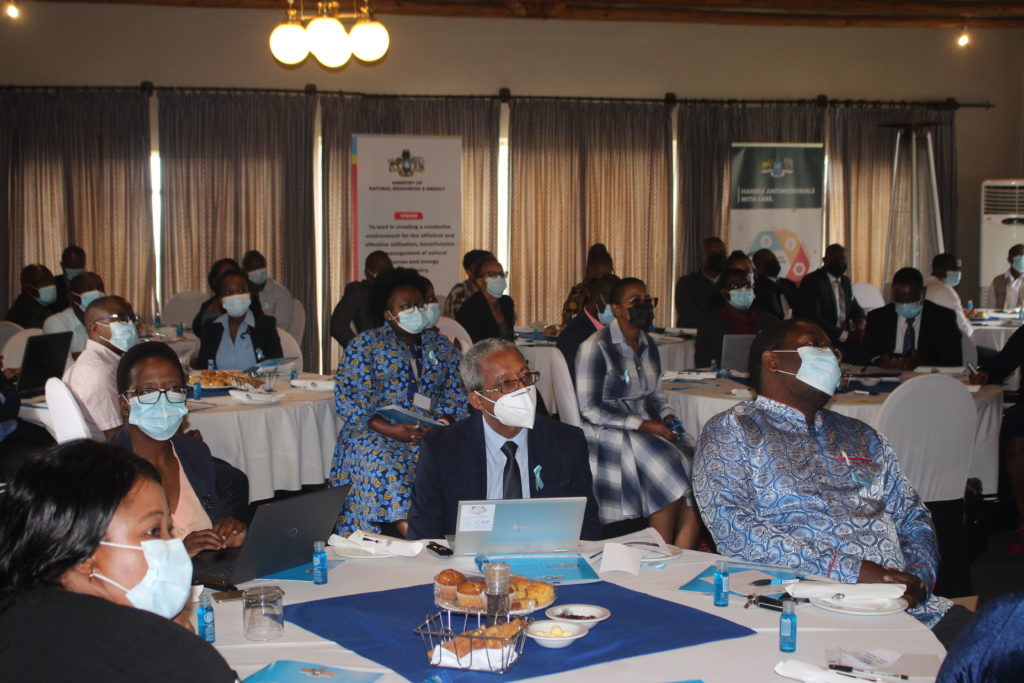
ICAP Eswatini staff at 2021 WAAW event
Community activities included an awareness event targeting subsistent livestock farmers to discuss issues of antimicrobial misuse leading to AMR in both humans and animals. ICAP also supported workshops for AMR stakeholders, including pharmaceutical wholesalers, veterinary practitioners, health care workers, independent radio producers, and environmental health practitioners using a One Health Approach. The focus of these workshops was to increase the awareness of Eswatini’s AMR challenge and advocate for the prudent use of antibiotics.
Other activities supported by ICAP to commemorate the WAAW were various radio and TV programs hosted by representatives from the three ministries to discuss the use of antimicrobials, particularly antibiotics in humans, animals, and the environment. The collaboration with the media also raised listener and viewer awareness on the appropriate disposal of antimicrobial agents, infection prevention and control, sanitation, and hygiene to reduce bacterial infections. In addition, ICAP supported the creation of radio jingles with AMR messages that ran during and post WAAW on national radio stations.
ICAP has been working with its stakeholders to improve antimicrobial resistance in Eswatini since project launch in April 2020. Under the project, ICAP has facilitated the renovation of laboratories, procurement of equipment and supplies, training of stakeholders on AMR, antimicrobial use (AMU), antimicrobial consumption (AMC) principles, data collection, analyses, and utilization, and development of guiding documents. In addition, ICAP has built the capacity building of staff in six sentinel sites to facilitate ongoing bacteriology testing (the collection, analyses, and local reporting of AMU, AMC, and AMR data) in humans and animals since April 2021.
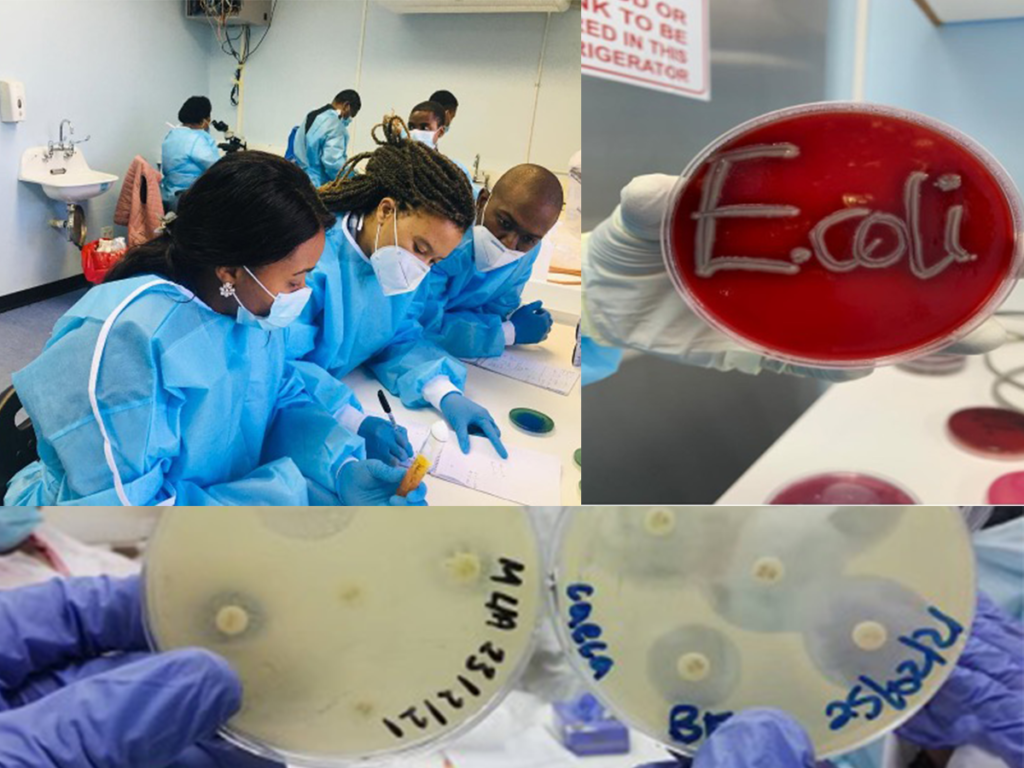
“WAAW was an opportunity for ICAP to support the awareness campaigns on antimicrobial resistance issues and prevention nationwide,” said Ruben Sahabo, MD, country director for ICAP in Eswatini. “We need to move beyond the health sector to garner community support to combat the prevalence of antibiotic-resistant infections and corresponding patterns of antimicrobial use and consumption,” he said.
The Fleming Fund Country Grant (FFCG) supports ICAP’s AMR Surveillance activities in Eswatini. The FFCG is an initiative under the United Kingdom Department of Health and Social Care (UK DHSC) to tackle the growing threat of AMR around the world.
Learn more about ICAP’s multi-sectoral efforts to fight antimicrobial resistance here.
About ICAP
A major global health organization that has been improving public health in countries around the world for nearly two decades, ICAP works to transform the health of populations through innovation, science, and global collaboration. Based at Columbia Mailman School of Public Health, ICAP has projects in more than 30 countries, working side-by-side with ministries of health and local governmental, non-governmental, academic, and community partners to confront some of the world’s greatest health challenges. Through evidence-informed programs, meaningful research, tailored technical assistance, effective training and education programs, and rigorous surveillance to measure and evaluate the impact of public health interventions, ICAP aims to realize a global vision of healthy people, empowered communities, and thriving societies. Online at www.icap.columbia.edu


